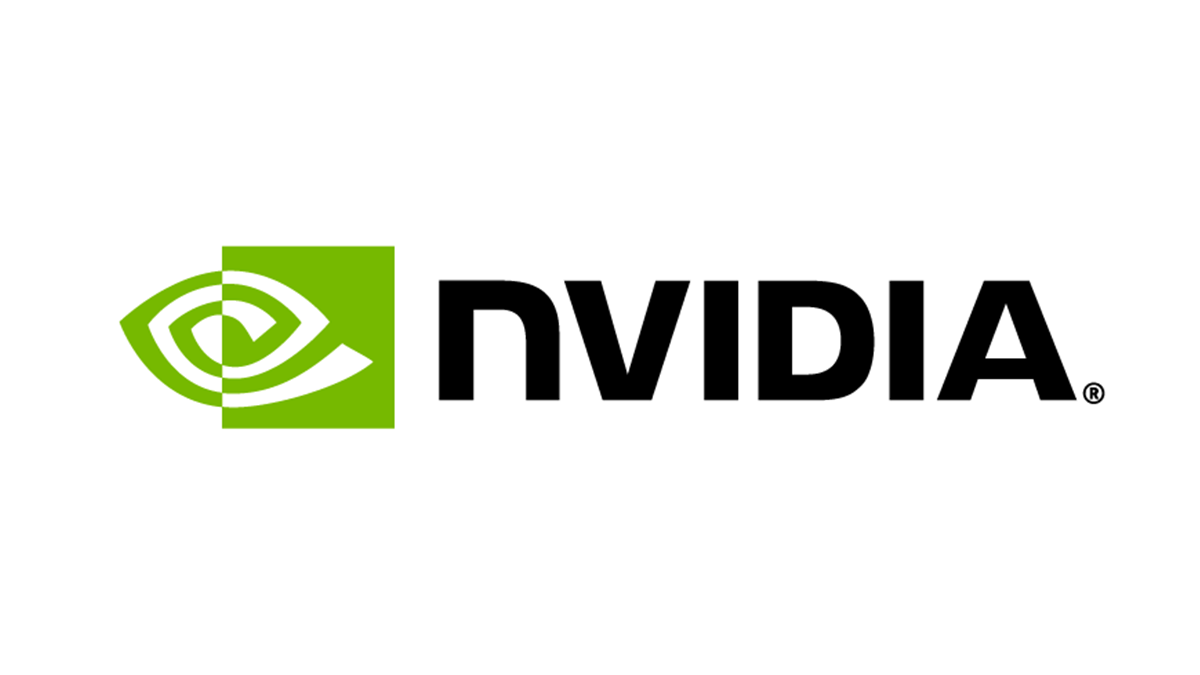SoundHound’s stock $SOUN took a 12% hit following its Q4 earnings report. The decline is attributed to falling short of analyst expectations in both revenue, at $17.1 million, and adjusted EBITDA loss, which stood at $18 million.
Despite the setback, there are positive notes, including the optimistic forecast of surpassing $100 million in revenue for FY25 and the notable investment from Nvidia.
SoundHound AI recently shared its financial results for Q4 2023. The stock, which surged from $2.22 to $7.90 in mid-February, attracted attention after Nvidia disclosed its position. However, post-results, the stock slid due to high expectations not being met.
In Q4, SOUN reported a loss of $0.07 per share, slightly worse than the expected ($0.06), though still a 53% improvement from the previous year. Quarterly revenue rose by 80% to $17.1 million, just shy of the estimated $17.75 million.
Adjusted EBITDA for the quarter was ($3.7) million, showing an 80% improvement compared to the prior year, reflecting the company’s focus on efficiency and cost management.
Looking ahead, SoundHound AI provided guidance for 2024, expecting revenue between $63-$77 million. The 2025 outlook anticipates further growth, aiming for revenue surpassing $100 million and achieving positive adjusted EBITDA.
In the full year 2023, SoundHound AI showcased a 47% YoY revenue increase to $45.9 million, with a 6% improvement in gross margin to 75%. The net loss per share for the year was $0.40, a 46% improvement. Adjusted EBITDA also notably improved, decreasing by 51% to ($35.9) million compared to the prior year.
The company’s customer base expanded rapidly, with combined cumulative subscriptions and bookings backlog reaching $661 million, doubling from the previous year. SoundHound AI achieved an annual run rate of approximately 3.5 billion queries, marking a growth of about 50% YoY.
CFO Nitesh Sharan expressed confidence in the company’s ability to meet the increasing demand for its AI solutions, emphasizing their strengthened financial position and measures taken to ensure continued success.
Nvidia’s first 13F filing with the Securities and Exchange Commission provides insights into its $230 million stock portfolio, entirely focused on AI-related investments. The disclosed holdings encompass five distinct companies:
1. SoundHound AI: SoundHound AI is positioned in Nvidia’s portfolio as an AI voice assistant provider, emphasizing its capability to understand natural language. The company believes its technology surpasses existing offerings from major tech companies, supported by a growing customer base.
2. Recursion Pharmaceuticals: Following Arm Holdings, Recursion Pharmaceuticals is an early-stage biotech firm valued in Nvidia’s portfolio. It employs AI models to process genetic data, aiming to revolutionize drug discovery in the medical field.
3. Arm Holdings: Nvidia’s largest stock position, valued at $147 million, is in Arm Holdings. This company specializes in licensing AI semiconductor chip designs to various entities, contributing to the surging demand for such technologies.
4. TuSimple Holdings: Despite impending delisting from the Nasdaq, Nvidia includes TuSimple Holdings in its portfolio. This company focuses on AI applications for enabling autonomous driving in the trucking industry.
5. Nano-X Imaging: Nano-X Imaging, or Nanox, represents Nvidia’s smallest stock position. The company aims to transition to a new digital X-ray technology, leveraging AI to analyze digital images and identify patterns that might be overlooked by doctors, ultimately enhancing patient outcomes.
Nvidia’s strategic allocation in these AI-centric stocks reflects its commitment to staying at the forefront of technological advancements and capitalizing on the transformative potential of artificial intelligence across various industries.
Bringing you the latest updates on finance, economies, stocks, bonds, and more. Stay informed with timely insights.

















Be First to Comment